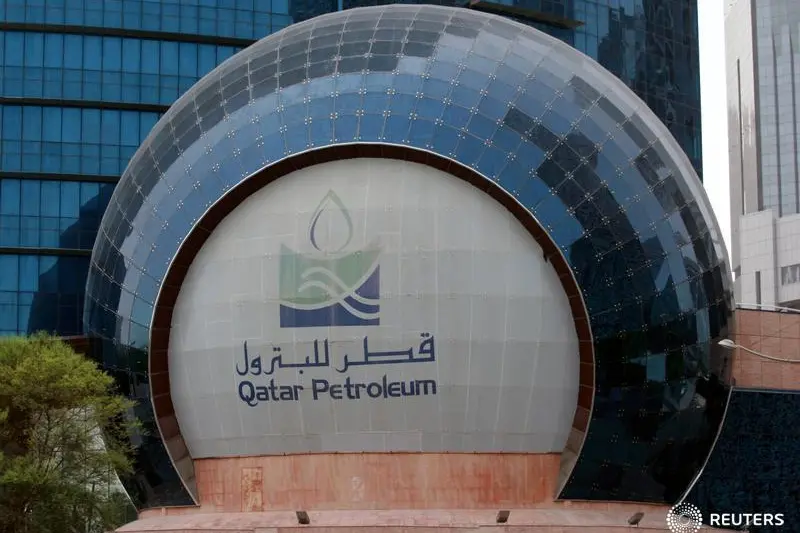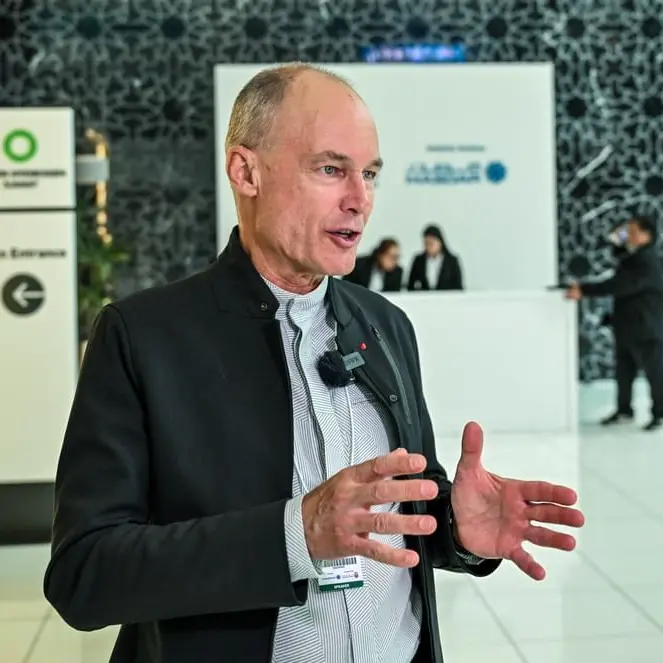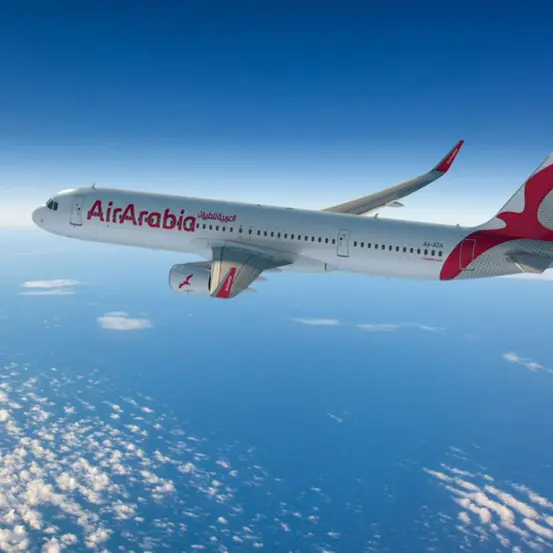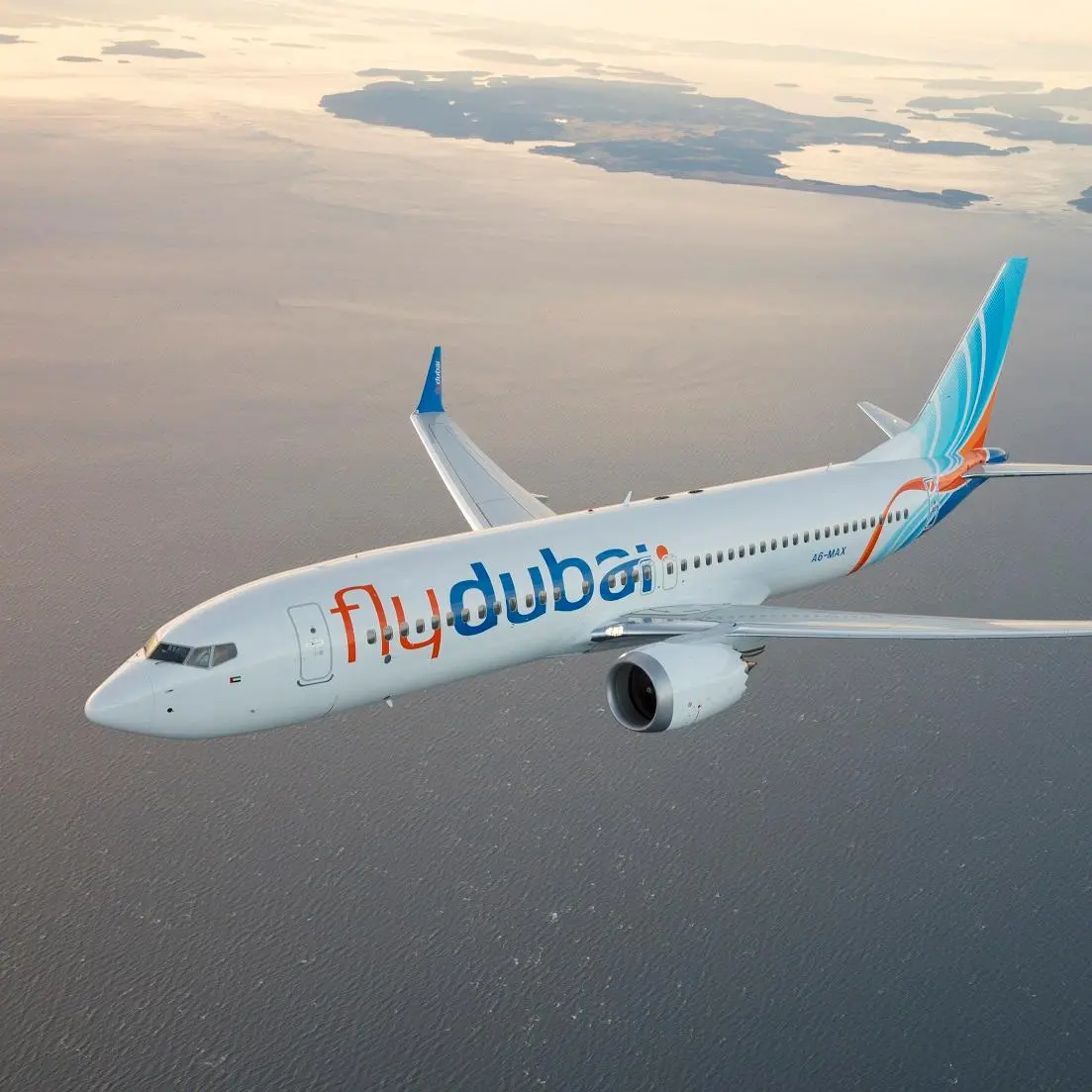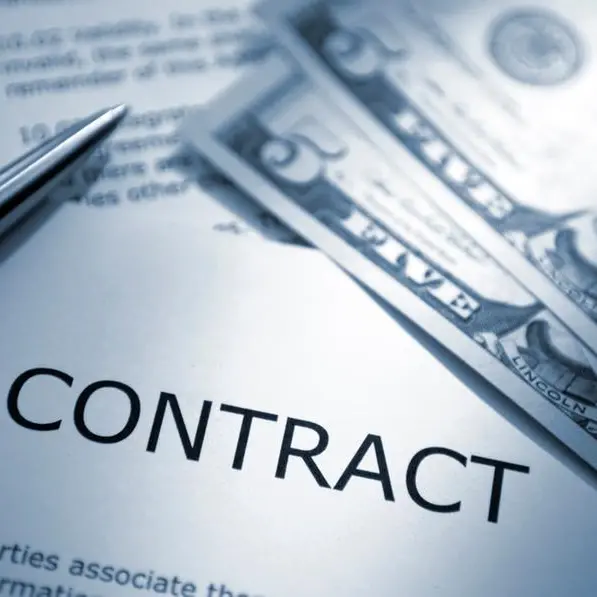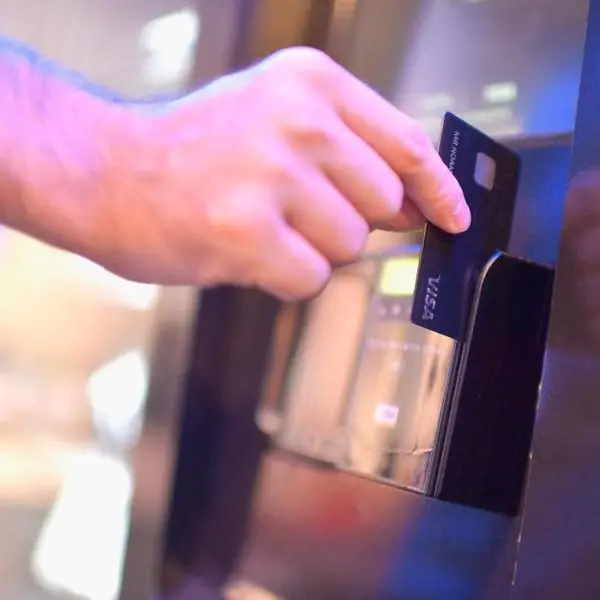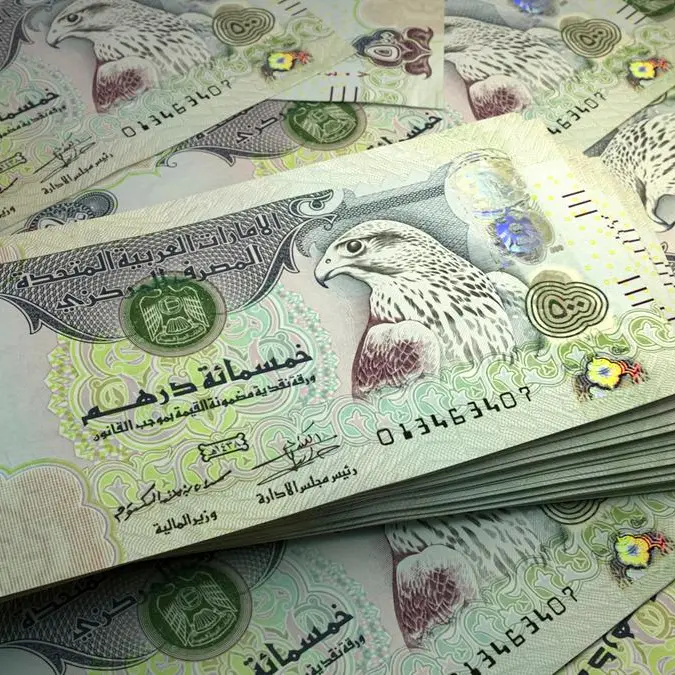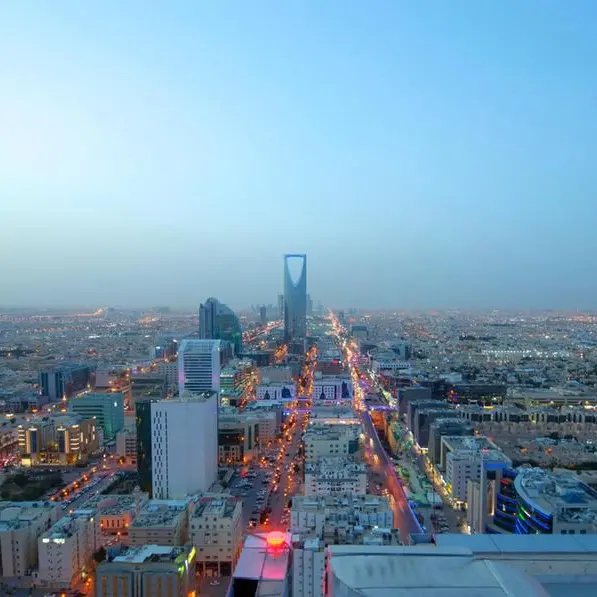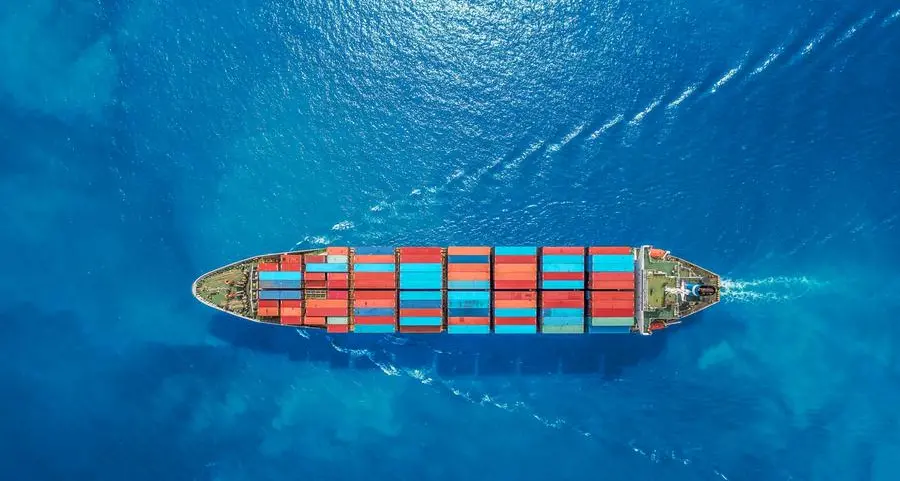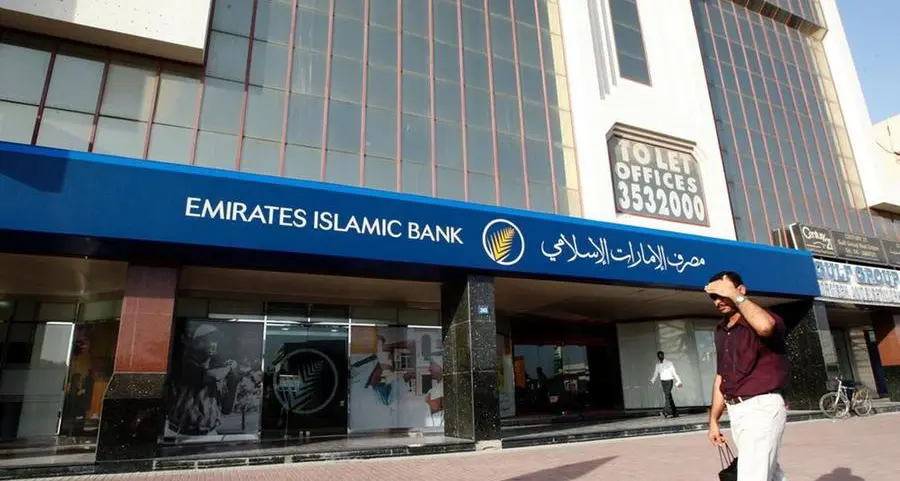PHOTO
DOHA- Qatar Petroleum (QP) is looking to invest at least $20 billion in the United States over the coming few years, its chief executive told Reuters, after the Gulf Arab state unexpectedly quit OPEC this month.
Saad al-Kaabi, who holds the energy portfolio of the world's top liquefied natural gas (LNG) supplier, also said on Sunday QP aimed to announce its foreign partners for the new LNG trains it is building by the middle of next year, and the company has decided to self-finance the expansion rather than borrowing.
The move - a shift from previous practices where QP used to borrow up to 70 percent of its needs from banks - might be a disappointment for banks.
"We are looking at many assets in the U.S. We're looking at gas and oil, conventional and non-conventional," Kaabi said in an interview at his office in Doha.
Qatar, a tiny but wealthy country is one of the most influential players in the LNG market due to its annual production of 77 million tonnes. It plans to boost capacity 43 percent by 2023-2024 and will be building four liquefaction trains for the LNG expansion.
Kaabi said QP could also carry out the LNG expansion project at home alone, with no international oil company at its side, if no good offers were made.
"We are looking for a lot of things (in our partners) including asset swaps, things that will help me in my international expansion," he said.
"If I don't get good deals, nobody will come. I'm telling you, mark my words: if I don't get a good deal, we go alone".
QP is still in talks with international oil companies for the new expansion project. Existing oil companies operating in Qatar include Exxon Mobil Corp, Total, Royal Dutch Shelland ENI.
QP currently pumps 4.8 million barrels of oil equivalent per day (boed) and aims to boost its output to 6.5 million boed in the next 8 years by expanding its upstream business abroad.
Qatar, a small oil producer, this month quit the Organization of the Petroleum Exporting Countries (OPEC) after 57 years to focus on gas.
Kaabi said that proposed U.S. legislation known as "NOPEC", or No Oil Producing and Exporting Cartels Act, which could open the group up to anti-trust lawsuits, was one of the reasons for quitting the oil exporting club.
OPEC members Saudi Arabia and the United Arab Emirates, and fellow Arab states Bahrain and Egypt, have imposed a political and economic boycott on Qatar since June 2017, accusing it of supporting terrorism, which Doha denies.
Saudi Arabia, Russia and the U.S. are the world's top three oil producers.
Qatar Petroleum is majority owner of the Golden Pass LNG terminal in Texas, with Exxon and ConocoPhillips holding smaller stakes.
Kaabi said he expected to make a final decision on the investment and whether to move ahead with the project "by the end of the year, if not January."
(Reporting by Eric Knecht, Rania El Gamal and Dmitry Zhdannikov; Editing by Mark Potter and Elaine Hardcastle) ((rania.elgamal@thomsonreuters.com; +971 562 160 434; Reuters Messaging: rania.elgamal.reuters.com@reuters.net ; Twitter: https://twitter.com/Rania_ElGamal))
